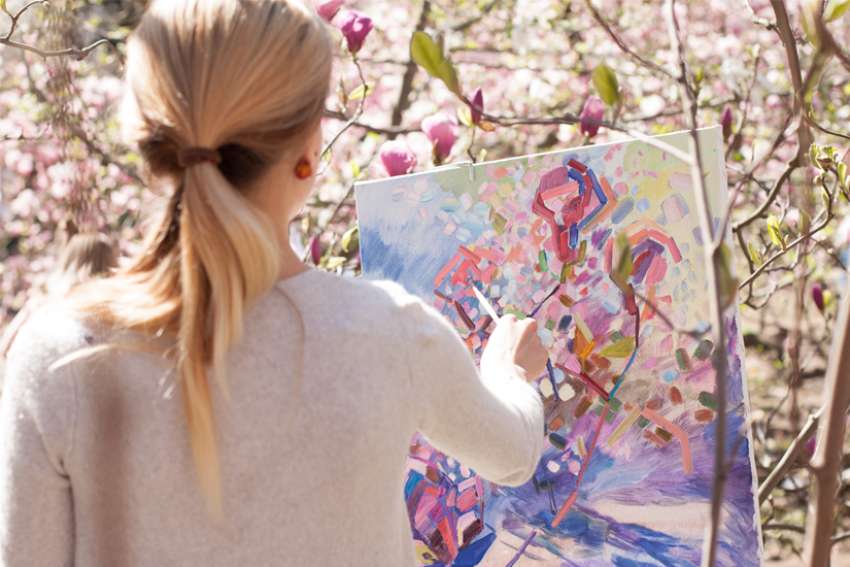This has often provoked a “chicken-and-the-egg’’ question. Does obsession to art steer individuals towards contending with mental health hurdles? Or do established mental disorders spawn creative and personal artistic works?
I’ve pondered these questions a lot the last seven months studying and engaging in my craft.
As a storyteller, one of my primary tasks is showing, not telling, the audience what it means to be human. Many stories hold universal truths that don’t simply apply to the characters in a play or in a film, but rather tell the story of humanity itself.
One of my favourite quotes is “art is meant to disturb the comfortable and to comfort the disturbed.” This in turn applies to the artist, especially performers, as it challenges us to be vulnerable to discover truths about ourselves that we may not like.
A true performer strives to live authentically and in harmony with his or her mind, body and soul while taking into account his or her vocation. A large component of the methods devised by acting coaches Konstantin Stanislavski and Sanford Meisner is acting instinctively and achieving emotional honesty, as it is a common misconception that actors lie for a living. Quite the opposite is true. We “act honestly under imaginary circumstances,” as Meisner says. The artist’s true calling is to be a truth teller. This is sometimes very difficult, as truth itself can often be uncomfortable and scary, especially when it has personal implications.
What is also important to take into consideration is how spiritual health is often deeply affected by mental health and vice versa. The Church recognizes that as human beings our bodies, minds and souls all deeply affect each other and compose the human body as a sacramental in and of itself.
One of the patron saints of artists is St. Genesius, whose name draws a connection towards the Book of Genesis, where the very first thing God does is to create ex nihlio. It is in the first book of the Bible, where we gain so much knowledge about creation, particularly the human body and how man’s calling to create comes directly from God Himself.
As a Catholic, I often use acting and storytelling not only as a means of asking questions but also as a form of prayer. By bringing a character to life, whether on stage or on paper, I can use my body as an instrument and in turn have experienced some of the highest highs and some of the lowest lows.
In recent years, various forms of arts therapy have formed to assist patients who may need extra support complementary to conventional therapy. These allow patients to engage in various crafts to express themselves healthily, as well as to foster further self-discovery.
(Timson, 22, is a Communications Media student at John Paul the Great Catholic University in Escondido, Calif.)


